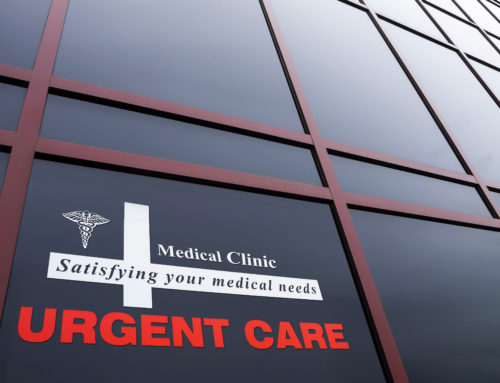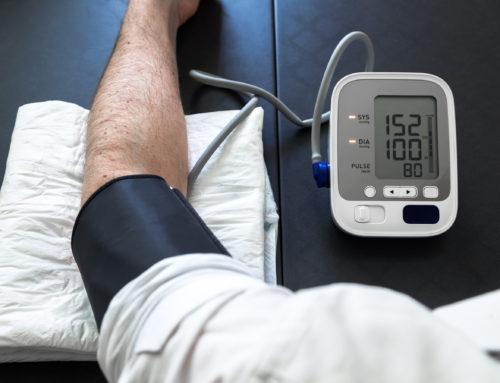When one hears about medical malpractice, the first thought is to think about hospitals or physicians. But, medical malpractice can happen in any field of medicine, there can even be malpractice in dentistry. Dentists, dental assistants, and dental hygienists can also cause injury to patients.
Mistakes During Extractions
Typically, a tooth extraction is a routine treatment, but complications can occur. Nerve damage, a perforated sinus, facial fracture, and even death can occur during a tooth extraction. There may be negligence due to too much sedation or an error made during the procedure.
Issues With Crowns, Bridges, and Implants
In some cases, infections due to crowns, bridges, and implants have been severe enough to cause a fatality. Dentists can also face malpractice claims when the dental appliance doesn’t fit right, implants are lost or the patient is in significant discomfort. Lack of proper treatment and treatment planning can result in a dental malpractice lawsuit.
dentures, dentists have faced malpractice claims when the appliances are ill-fitting, improperly aligned or cause significant discomfort. There have been cases where dentists provided a lack of treatment planning that led them to face malpractice suits.
No Diagnosis of Disease
It is a dentist’s responsibility to perform exams that identify diseases, such as cavities, bone diseases, and oral cancer. If a dentist fails to diagnose a serious disease, the patient can suffer harm. As a result, the patient and their family can file a malpractice suit against the dentist.
Complications From Anesthesia
Anesthesia isn’t just risky in an operating room; it’s risky in a dental office. The same drugs that are used in a hospital are used in a dental office. Not only can numbing agents damage the lingual nerve, some patients may have an allergic reaction to the anesthesia used. Dental patients have even died from anesthesia.
Infections After Treatment
Dental treatments come with a risk of infection. If a dentist fails to properly treat an infection, things like a brain abscess or septic arthritis can be the end result.
Lack of Informed Consent
Generally, patients are required to sign a consent form before specific procedures. Sometimes, an issue may be discovered that was not explained in the consent form. The dentist may just go ahead and fix the problem, and something goes wrong. If you did not give consent for the subsequent procedure, you may be able to file a malpractice claim.
No Specialist Referral
Like other medical professions, there are certain dental specialties. If a dentist fails to recommend a specialist when needed, there may be a malpractice lawsuit. And if a dentist goes ahead to treat for the issue, he is still held to the level of care as a certified specialist.
Permanent Damage
Although any medical treatment has a risk of permanent damage, healthcare workers are required to inform the patient with regard to possible complications that may arise. If permanent damage does occur without being informed of issues, a dentist may be found to be guilty of malpractice.
Unnecessary Procedures
While things like crowns or tooth extractions are common practice, they may be unnecessary. If a dentist performs a treatment procedure that is unnecessary, there may be malpractice involved.
If you or a loved one has suffered complications due to a dental treatment, you may have a viable malpractice claim. You’ll need to contact a medical malpractice attorney and tell them your story. If you decide to pursue a dental medical malpractice claim, you’ll also need a medical expert to attest to your dentist’s negligence. Turn to Dr. Edward Mallory as your medical expert. “Dr. Edward Mallory is a residency-trained, board-certified emergency medicine physician and medical expert witness. Although he is a practicing doctor in several hospitals, the primary function of his medical expert witness business is to provide his expertise in the courtroom in order to support his clients’ testimonies. He is hired by people who believe they have been a victim of medical malpractice. He gives written or oral testimonies and “expert opinions” and his interpretation or medical record review is crucial in cases of the law involving medicine.”




























